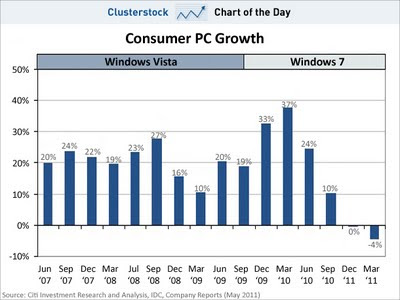Considering the fact that,
among the 11 IPOs listed to date, only 6 of them have been profitable, it is important to know a set of criteria before selecting an IPO.
Excerpt from a nice
article in the economic times of India:
Promoters' track record: One way to check this is by finding out the other businesses that the promoters are a part of and checking the track record for the existing listed companies, especially those listed in the recent past. Any legal or accounting problems with these businesses or with the company that is being listed should be a red flag. It's also important to check whether the group has other companies that are engaged in a similar businesses but are unlisted. Several promoters have used this to divert profits. This information is available in the red herring prospectus (RHP) of the issue.
Merchant bankers' track record: A good merchant banker is one who has brought high quality IPOs to the market in the past. Look for subscription response to previous IPOs and the return that they generated for investors.
Financial details of the company: This is a crucial step. Jagannadham T., head of research of SMC Global, says, "As the RHP provides the financial details for the past five years, it allows investors to understand whether the business has been growing profitably with expanding or stable margins, or at the expense of shrinking margins."
Look for any sharp increase in profit just before the IPO. Companies often inflate profits under pressure from private equity investors who have made pre-IPO placements. Also, check for changes in accounting policies in the past three years. Says Ambareesh Baliga, COO, Way2Wealth: "See if there has been a windfall in the past 2-3 years. If this is due to changes in the sectoral performance, don't be worried, but with other things remaining equal, one should look at it with scepticism."
An important point to keep in mind is that these fundamentals matter only when the investor is looking for more than investment gains (i.e. some sort of long term - medium term investment).










